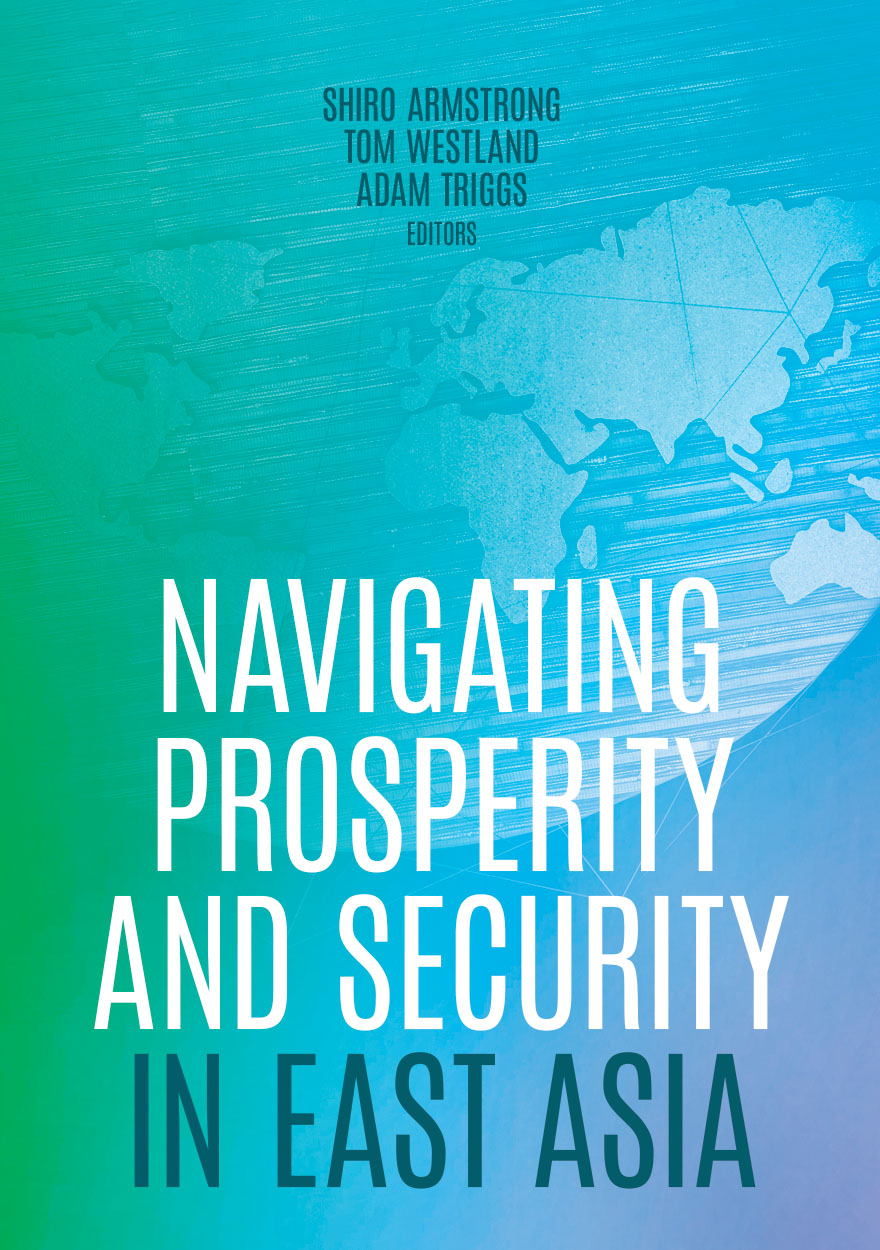Publication date: May 2023
The world’s two largest economies, the United States and China, are locked in a trade war, complicating policy choices internationally. These choices are sharper for the countries of East and Southeast Asia than they are elsewhere, because the multilateral rules-based economic order on which East Asian economic integration and cooperation is built is under threat.
Economic policy has never been separate from security considerations. For decades, the national security risks inherent in economic exchange have been mitigated under a US-led system that allowed the strengthening of economic ties, including between China and the rest of the world. But economics and security are increasingly entangled in a way that is damaging to both, creating a dangerous trade-off. Now, as global uncertainties grow, the risks of international exchange—rather than its benefits—are beginning to dominate the calculus for some policymakers.
Against this backdrop, how can Southeast Asian countries and US allies in Asia balance their security interests and their economic interests? And how can these countries, individually and collectively, broaden their policy options and deepen economic integration? This volume investigates the domestic and international dimensions of these questions.






